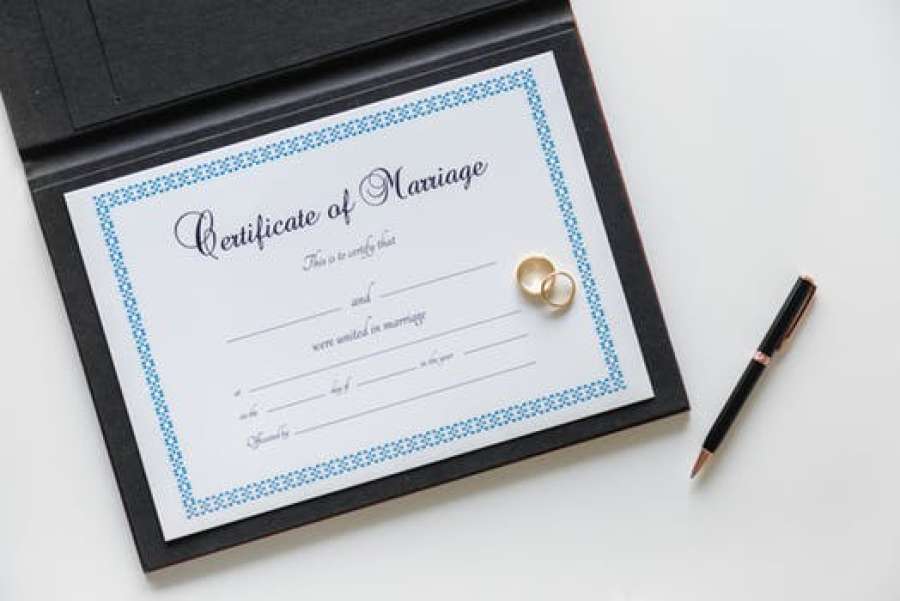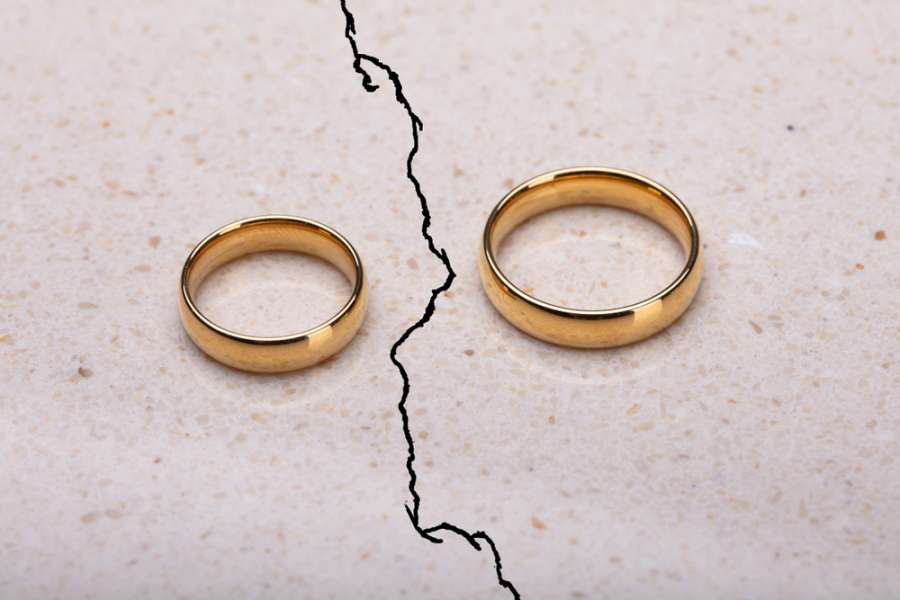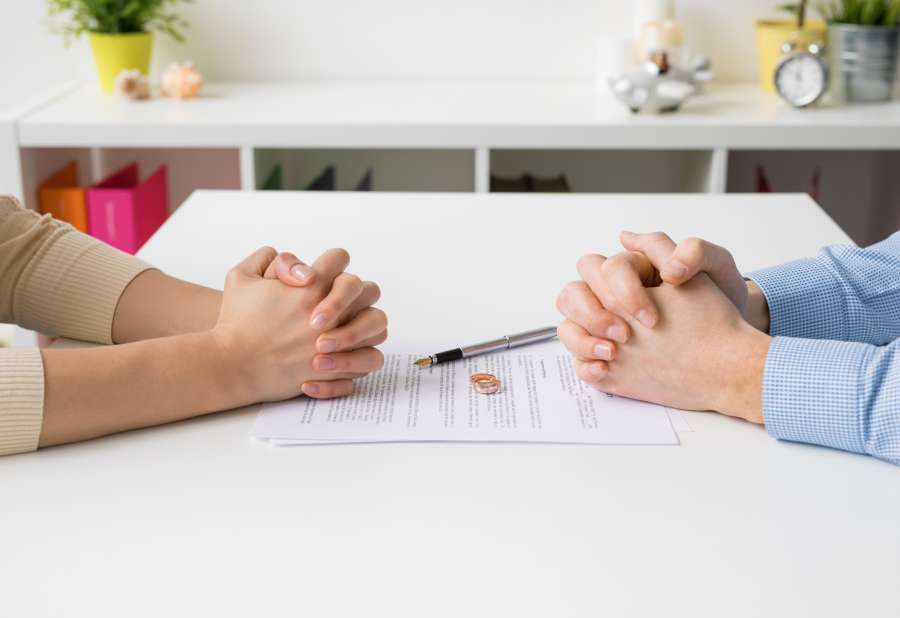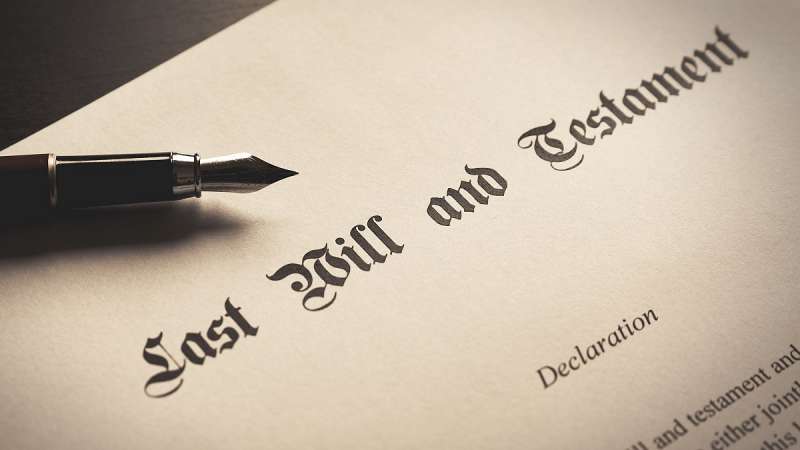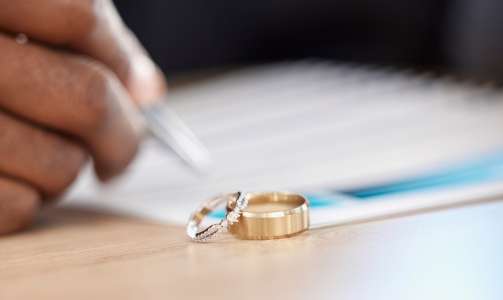
It is important to make a Will if you wish to leave your estate according to your wishes (whether to your spouse, children, charity or otherwise). In England and Wales, the absence of a valid Will means that the law will determine who will benefit from your estate, referred to as the intestacy provisions.
A change to your circumstances and relationship status can impact any Will you have in place, but this may not be in the way you would expect.
These changes in your relationship status may also affect your estate’s inheritance tax liability, depending on the circumstances, our Wills, Trusts and Probate Solicitors explain more below.

